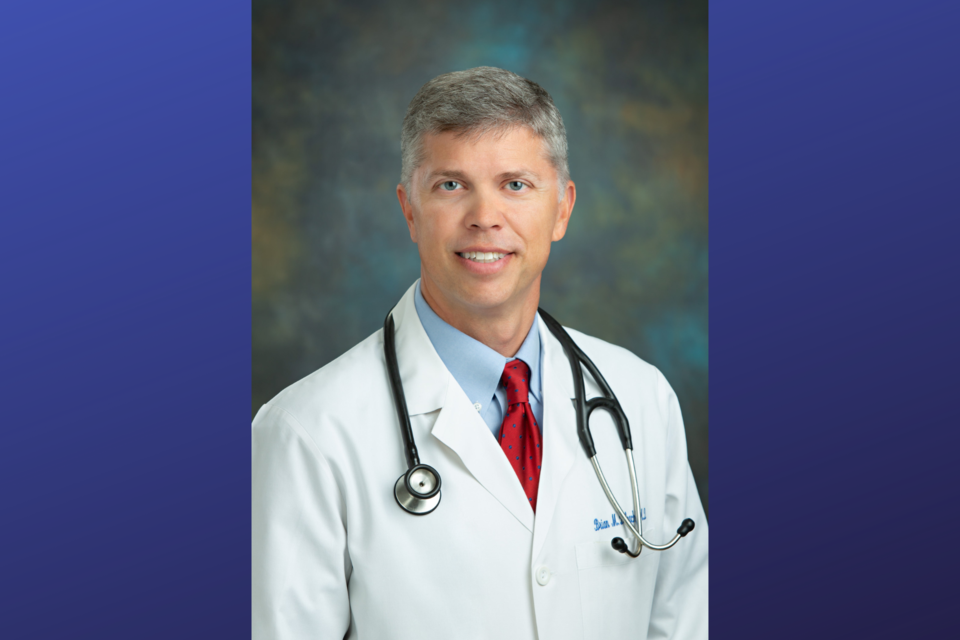According to the American Cancer Society, colorectal cancer is the third-leading cause of cancer-related deaths in the United States. Despite being preventable and treatable, many individuals still die from this disease due to a lack of awareness about preventive care.
East Georgia Regional Medical Center is committed to promoting early detection and prevention of colon cancer through regular colonoscopy screenings because, when detected early, the survival rate for colon cancer is approximately 90%.
During this non-invasive procedure, doctors examine the colon and rectum for pre-cancerous polyps, which can be removed during the same process, reducing the risk of developing colon cancer in the future. They also can screen for cancer. This is important, as studies show those who undergo regular screenings are less likely to die from colon cancer.
Many people fear that there might be discomfort and pain associated with a colonoscopy. However, it’s important to know that you will be in a “twilight sleep.” Unlike general anesthesia, which puts patients to sleep completely, conscious sedation keeps patients drowsy and comfortable, yet awake enough to respond to questions and follow instructions.
“Colonoscopies may not be the most enjoyable procedure, but they are essential for early detection and prevention of colon cancer,” said East Georgia’s Dr. Brian Deloach, “Don’t delay in getting this life-saving procedure done.”
Colonoscopy screening should start at 45 for those at average risk, with regular screenings continuing every 10 years. However, the screening frequency and start date may differ for individuals at higher risk of developing the disease, as colorectal cancer incidence is higher in certain populations, including Black and Indigenous adults, people with a family history of colorectal cancer and men.
In addition, researchers have observed a noticeable increase in cases and fatalities in the 20 to 49 age group over the last 20 years. The cause behind this trend, however, remains uncertain and demands further examination.
Age also plays a big factor when it comes to risk. On average, those 50 and older are the most likely to suffer from colorectal cancer. Men are typically diagnosed around 68, while women tend to be 72. Both men and women with rectal cancer usually are diagnosed at 63.
While age and family history cannot be changed, there are several lifestyle factors that you can modify to lower your risk, including losing weight, maintaining a healthy diet, limiting alcohol, quitting smoking and regular exercise.
“Colonoscopies have revolutionized how we detect and prevent colon cancer. With advancements in technology and improved patient comfort, there’s never been a better time to prioritize your colon health,” said Dr. Brian Deloach. “Early detection is key, and a screening colonoscopy could save your life.”
Talk to your healthcare provider about your risk level and the appropriate timing and frequency of screenings. Remember, you’re never too young to take charge of your health. If you do not have a primary care provider please contact Dr. Brian Deloach at Statesboro Family Practice, 912-764-9684 or book an appointment online at https://east-georgia-chs.inquicker.com/.
East Georgia Regional Medical Center is owned in part by physicians.




